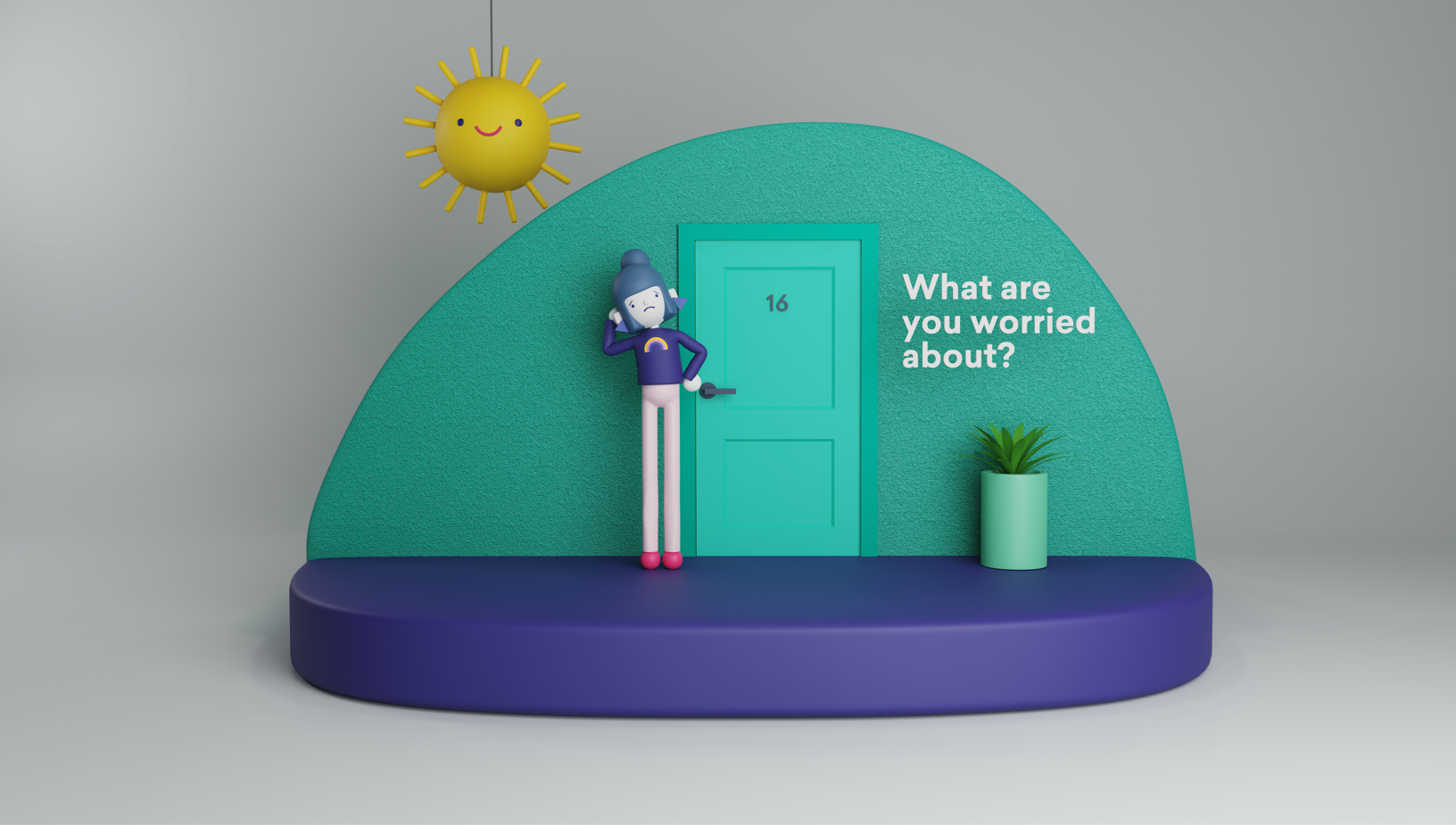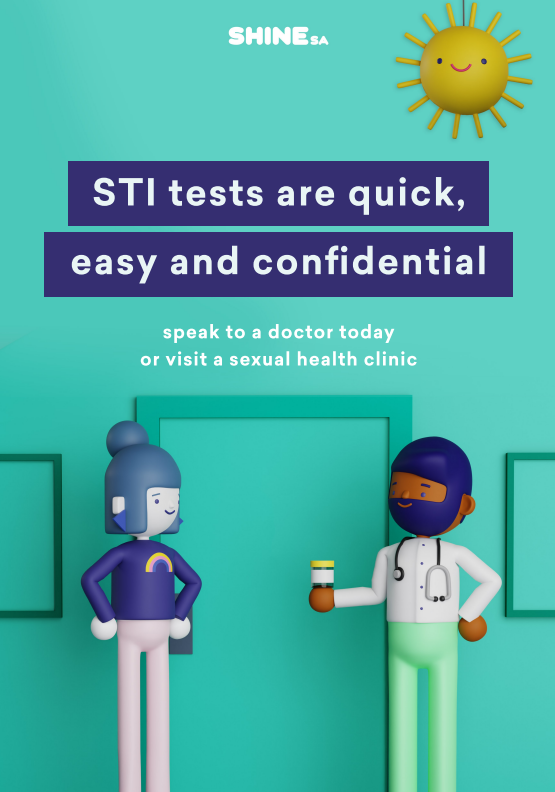Get A Sexual Health Check

STIs are extremely common, so if you’re sexually active it’s best to get tested regularly!
A sexual health check is a check-up by a doctor or nurse and usually includes an STI test.
It might seem a little awkward getting a sexual health check but rest assured that these checks are a normal and regular part of healthcare. Getting an STI test is quick, easy and confidential.
Testing usually involves a urine sample or swab. A blood test may be needed for some STIs and blood-borne viruses.
When should I get a sexual health check?
If you’re under the age of 30 and sexually active it’s best to get an STI test every 6-12 months.
It’s also a good idea to have an STI test if:
- you have had unprotected sex
- you have had a condom break or it has fallen off during sex
- you have a new sexual contact
- your sexual partner has had a new sexual contact
- you or your partner develop symptoms of an STI
- or if you know a recent partner has had an STI
Most STIs have no symptoms, so you could pass on an infection without knowing.
How do I get a sexual health check?
You can get an STI test by making an appointment with your local doctor, health provider, Aboriginal Health Service or SHINE SA.
Tip: You can make an appointment with your doctor for a general check-up and mention that you’d like to get an STI test while in the appointment.
What are the benefits of regular sexual health checks?
- Having just one less thing to worry about. It can be empowering to know that you are in control of your sexual health.
- Having a chance to talk to your doctor about your general sexual health including contraception and any other sexual health issues.
- Creating more open communication and trust within your relationship/s. Having respect for your health and your sexual partner/s.
What you need to know about STIs
Did you know that if you’re aged 15-29, you’re more at risk of getting an STI than any other age group?
STIs are infections passed from one person to another by having vaginal, oral, or anal sex.
Many STIs have no symptoms and if left untreated can cause long-term health concerns. Luckily, common STIs are easy to treat if detected early.
It’s important to remember that:
- You don’t need to have sex with lots of people to get an STI
- Common STIs often have no symptoms
- Using condoms are key to preventing STIs
- STI tests are part of a healthy sex life
Download Your Free 'Get A Sexual Health Check' Poster
More resources
Support Is Available
If you’re nervous about speaking to someone face-to-face you can call SHINE SA’s Sexual Healthline service where you can speak to a sexual health nurse for free. The Sexual Healthline is open Monday – Friday, 9:00am – 12:30pm.







